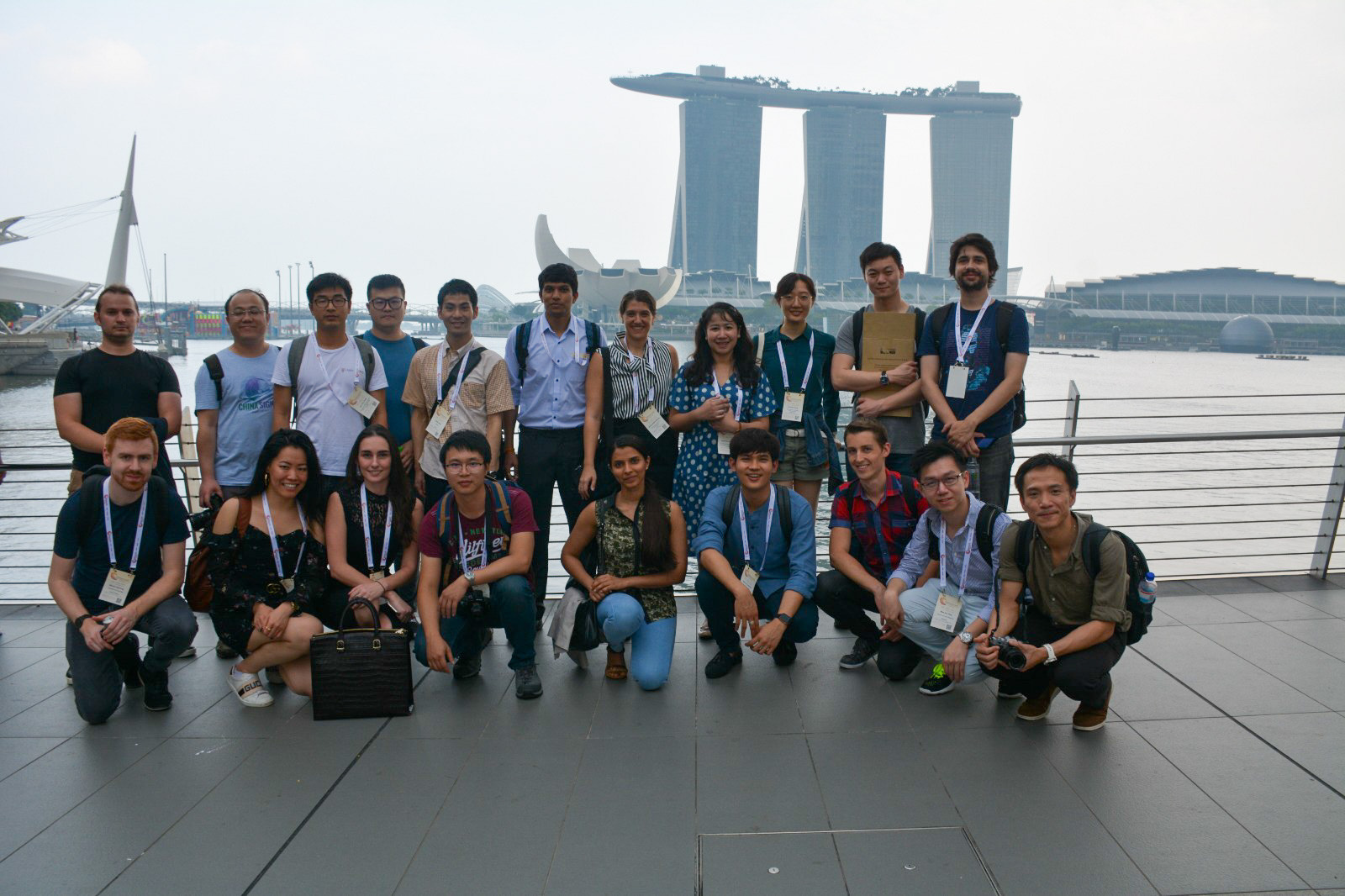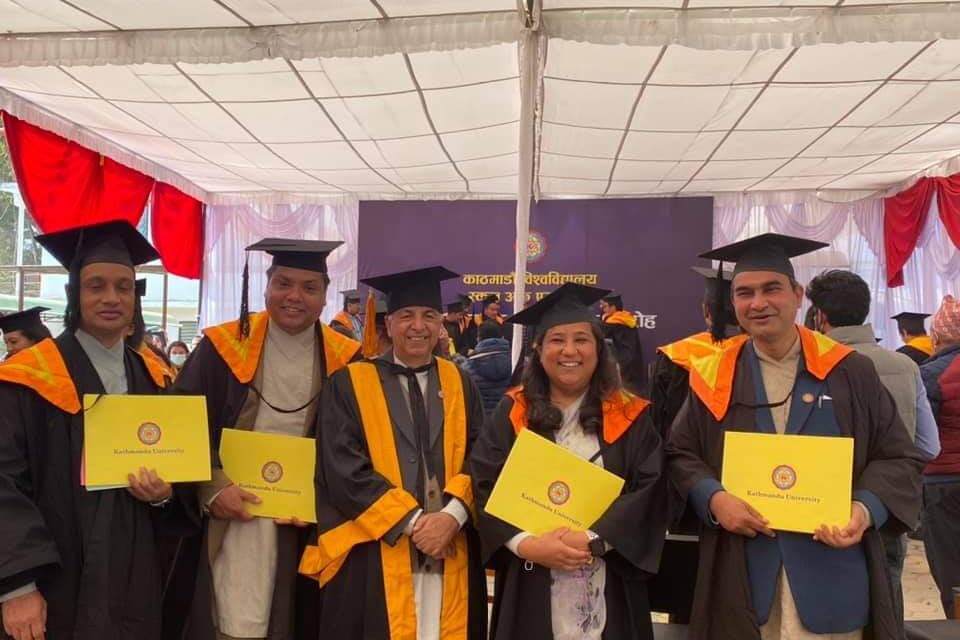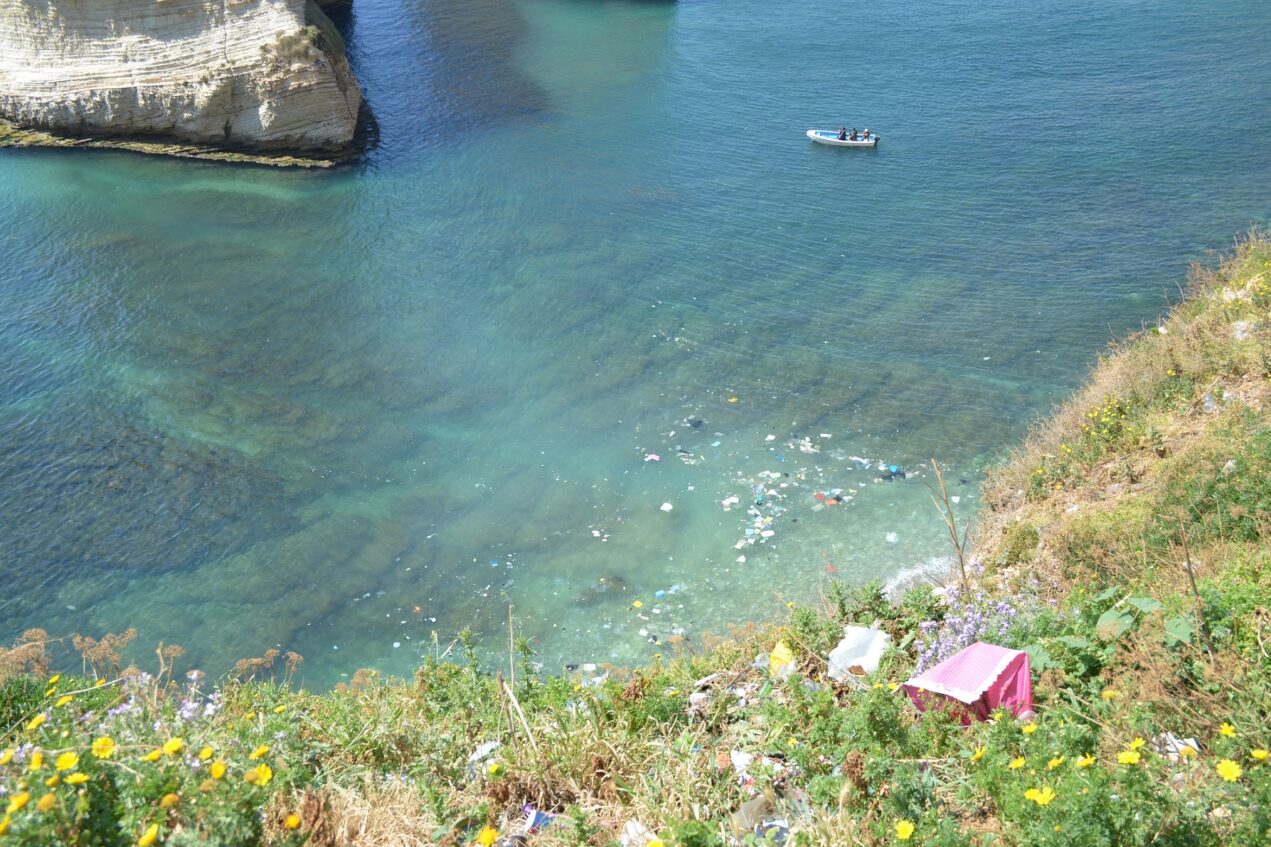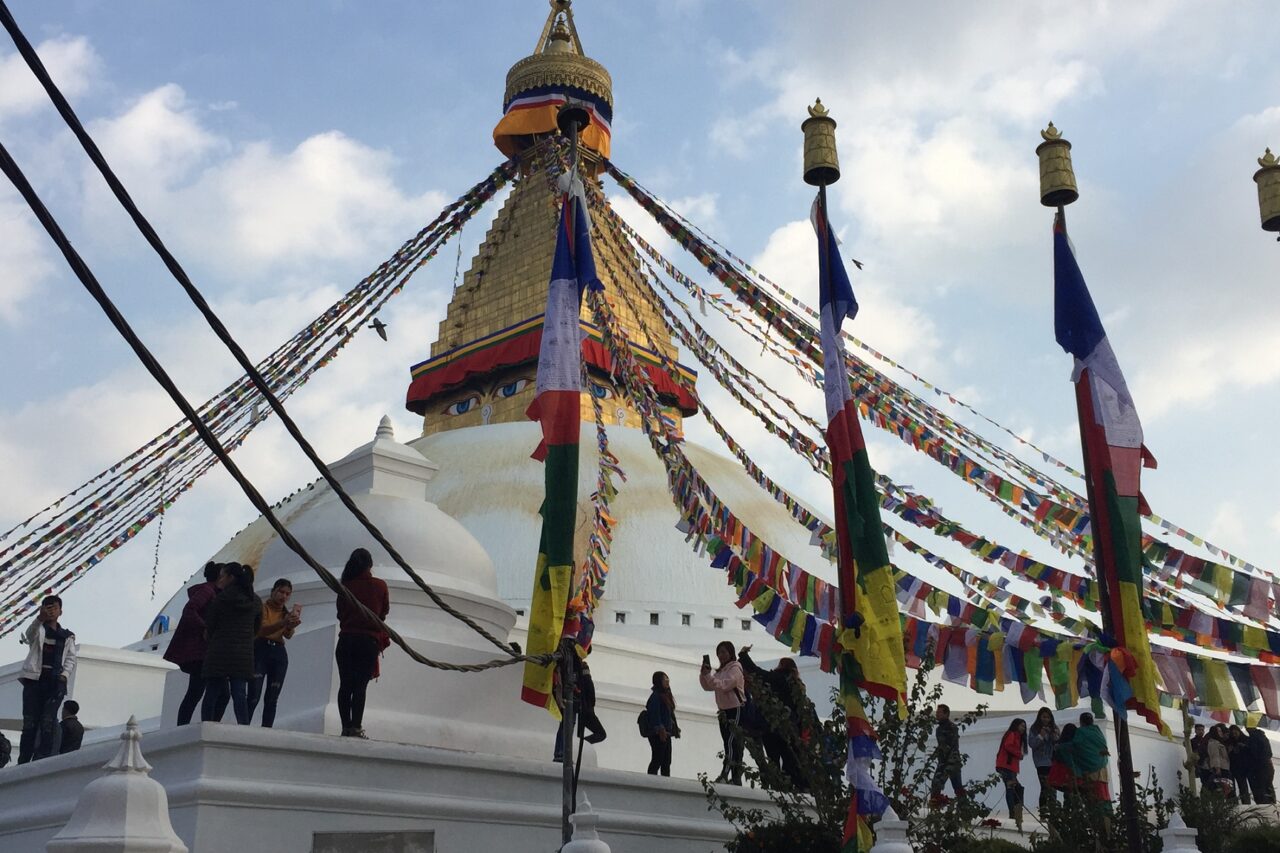We are a group of ten ETH members including master students, PhD students and postdocs, based both in Zurich and Singapore, who work in different research fields. Earlier this year, we had the opportunity to attend the Global Young Scientists Summit (GYSS) 2020 in Singapore. This is a gathering of globally recognized scientific leaders, including recipients of the Nobel Prize, Fields Medal, Millenium Technology Prize, Turing Award and the IEEE Medal of Honor. The summit brings together laureates at the height of their careers, with talented young scientists at the beginning of theirs. We went to Singapore to discuss science, to connect our field to other disciplines, to meet people; in short, to get inspired. Singapore is a unique city of skyscrapers, intersected by vast green areas and surrounded by a sea which represents one of the world's busiest shipping routes. At a visit at the Singapore-ETH Centre, Professor Gerhard Schmitt explained to us the unique situation of Singapore, emphasizing that everything in this city is subject to change and that long-term city planning goes hand in hand with cutting-edge architecture, which all contribute to a very high quality of life.
Advancing Science for a Better World
by a group of PhD students and Post-Docs attending GYSS 2020, 2 April 2020
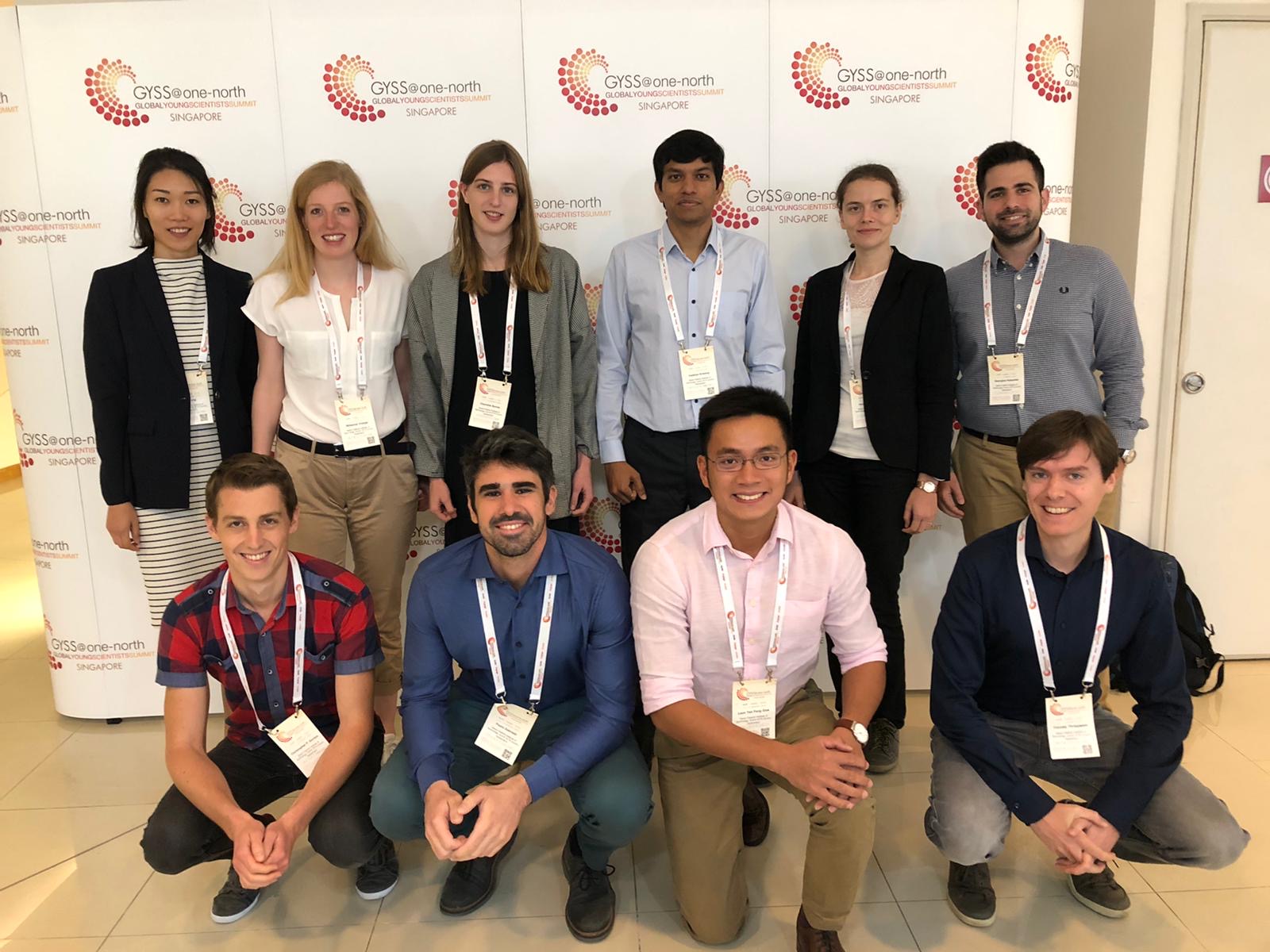
The ETH participants at the GYSS 2020. (photo credit: Georgios Kelesidis/ETH Zurich)
The atmosphere at the GYSS conference was inspiring, characterised by an impressive diversity of research fields and participants from all around the world. Besides the main lectures from renowned scientists, we had ample opportunities to interact with other researchers during the small group discussions, breaks and the poster session. The poster session was particularly valuable for getting to know the other participants and their research. Furthermore, GYSS offered us to participate in social programs, such as a city tour, which provided great insights into the cultural and culinary diversity of Chinatown and Little India.
The GYSS main program included exciting lectures from Nobel laureates and winners of other prestigious awards on a wide range of topics.
For example, we had the chance to listen to Konstantin Novoselov and Michael Graetzel, who were leaders in the development of graphene and dye sensitized solar cells, respectively, talking about how they came up with ideas that revolutionized nanoscale science and engineering. Similarly, Ben Feringa and Kurt Wüthrich demonstrated the large impact that physics and chemistry can make on medical applications. In this regard, Alain Fischer, Aaron Ciechanover and Tim Hunt showed us how their discoveries advanced our current understanding in biology and medicine, alluding to current and future challenges that humanity needs to tackle. The critical role of machine learning and data science in other scientific disciplines was highlighted by pioneers of computer engineering like Kees Immink, John Hopcroft, Leslie Valiant and Leslie Lamport. In addition to the applied science, we also learned about significant advances in the fundamental understanding of mathematics and physics, such as random processes, the prime numbers and the new International System of Units, from Wendelin Werner, Ngo Bau Chau, Efim Zelmanov and Klaus von Klitzing.
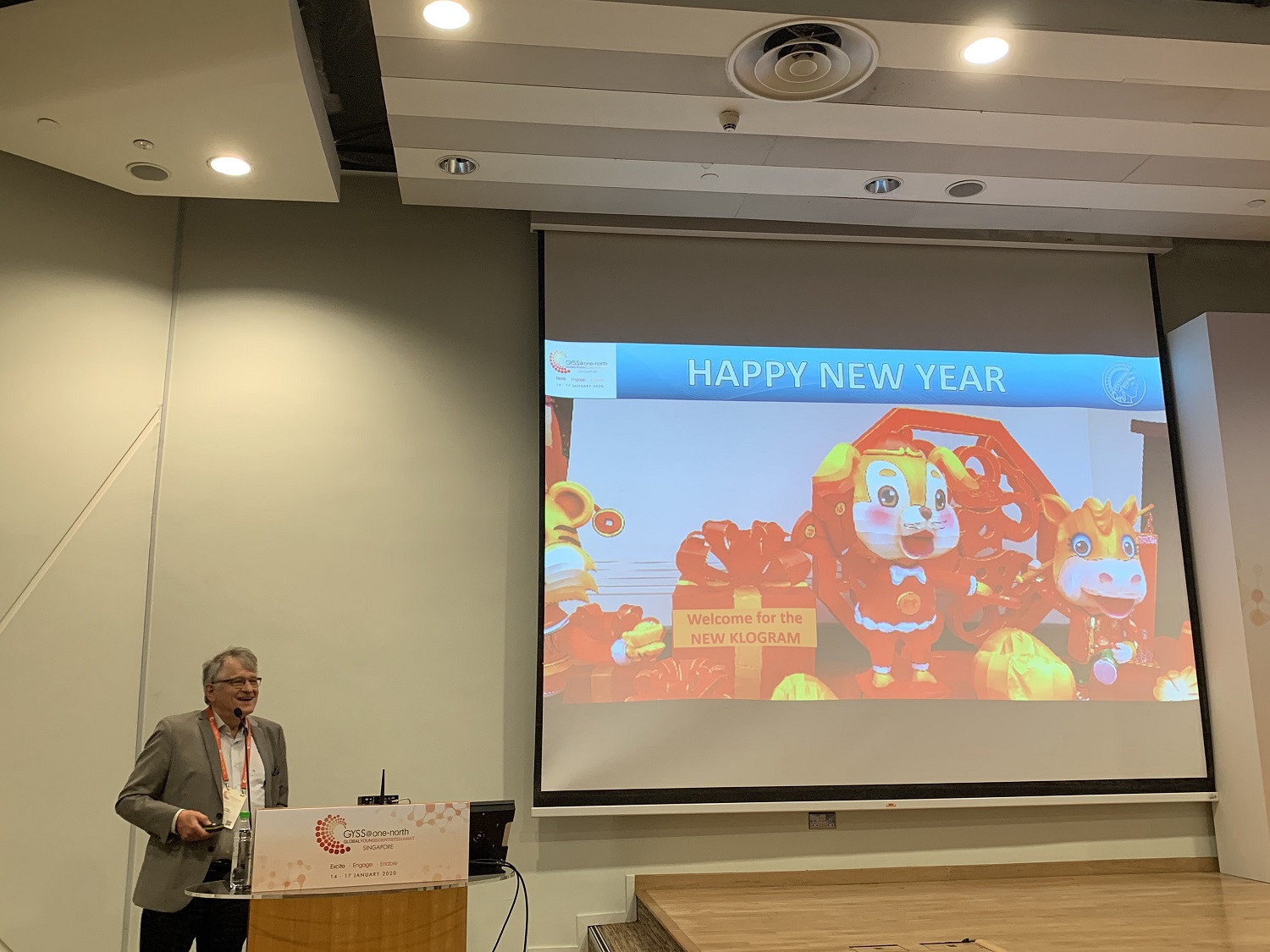
Scientific programme: Prof. Klaus von Klitzing presenting the new international system of units. (photo credit: Georgios Kelesidis/ETH Zurich)
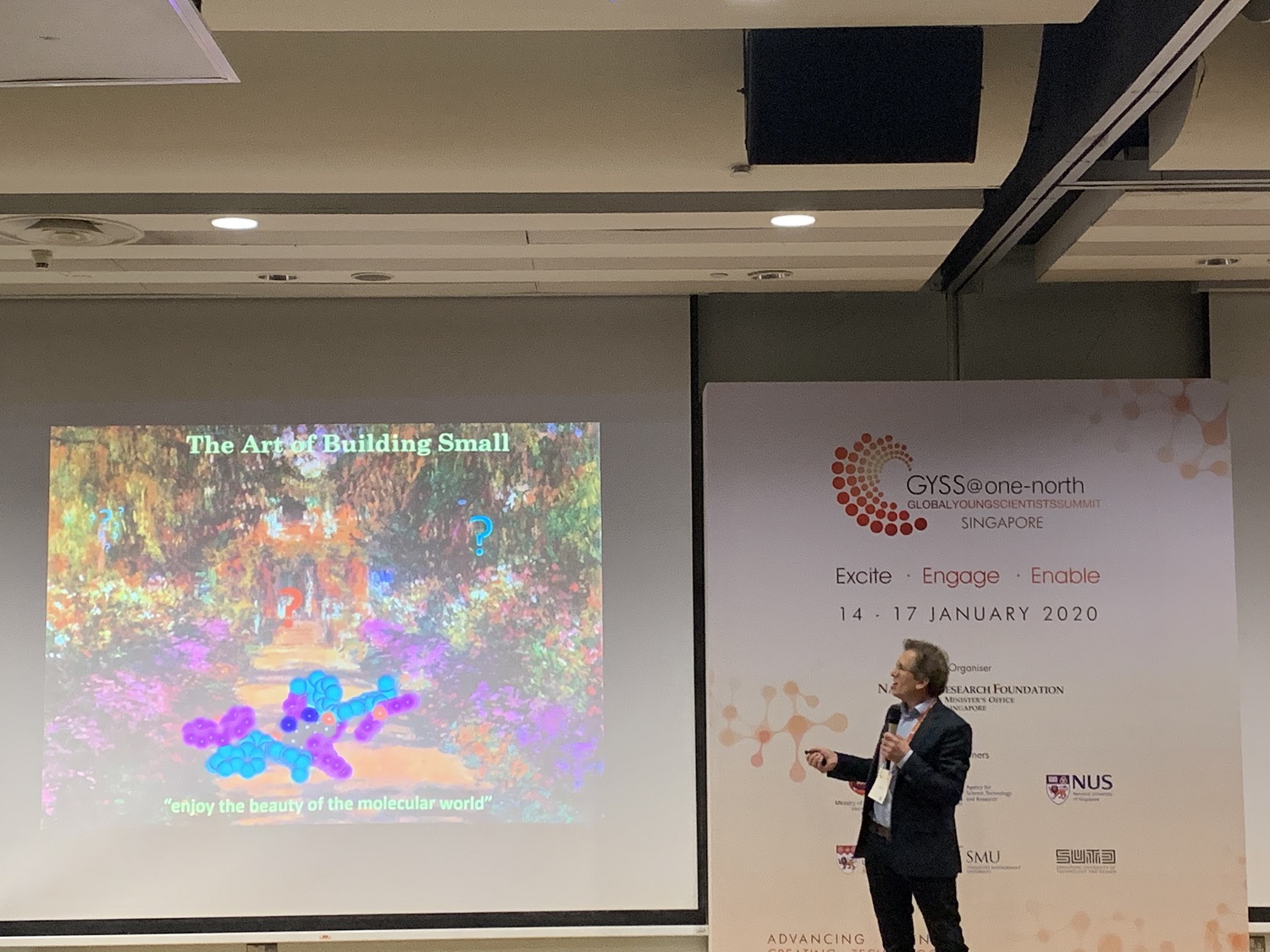
Scientific programme: Prof. Ben Feringa talking about the art of building molecular machines. (photo credit: Georgios Kelesidis/ETH Zurich)
Aside from scientific and technical topics, the discussion focused on the role of science in modern society, unveiling opposite visions on this theme. Whereas the event was opened on the notes of “good research is like a good business” or “it is key to focus on problems with real applications”, the bigger fraction of scientists stated that “science should be studied because it is beautiful”, independently of its applications. According to the latter proposal, science should be perceived as an exploration and a way of satisfying our curiosity, rather than as a target-oriented process.
Such a debate was particularly motivating for us young scientists and engineers, who often ponder this sort of question. Shall we tackle a problem with great industrial applications, or shall we follow our intellectual curiosity? Shall we focus on applied or fundamental science? Overall, shall we perceive science as a goal or as a tool?
On a similar line, we discussed how today’s science performance is very much measured in terms of number of publications, which turns into a “publish or perish” pressure on young scientists. While we understand that a metric is needed, we also understand it is up to us to choose whether we want to embrace this system, or define a new one with different priorities.
It would be a bit of a cliché to say that the personal advice given to us by the speakers was "follow your dreams" and it even would not be completely true. Recurring motifs in their talks were to follow one’s path, to choose a problem of particular importance as well as to have perseverance and genuine interest into one’s research topic. In the words of Sir Tim Hunt: "Keep your eyes to the horizon; your feet to the ground; your nose to the grindstone."
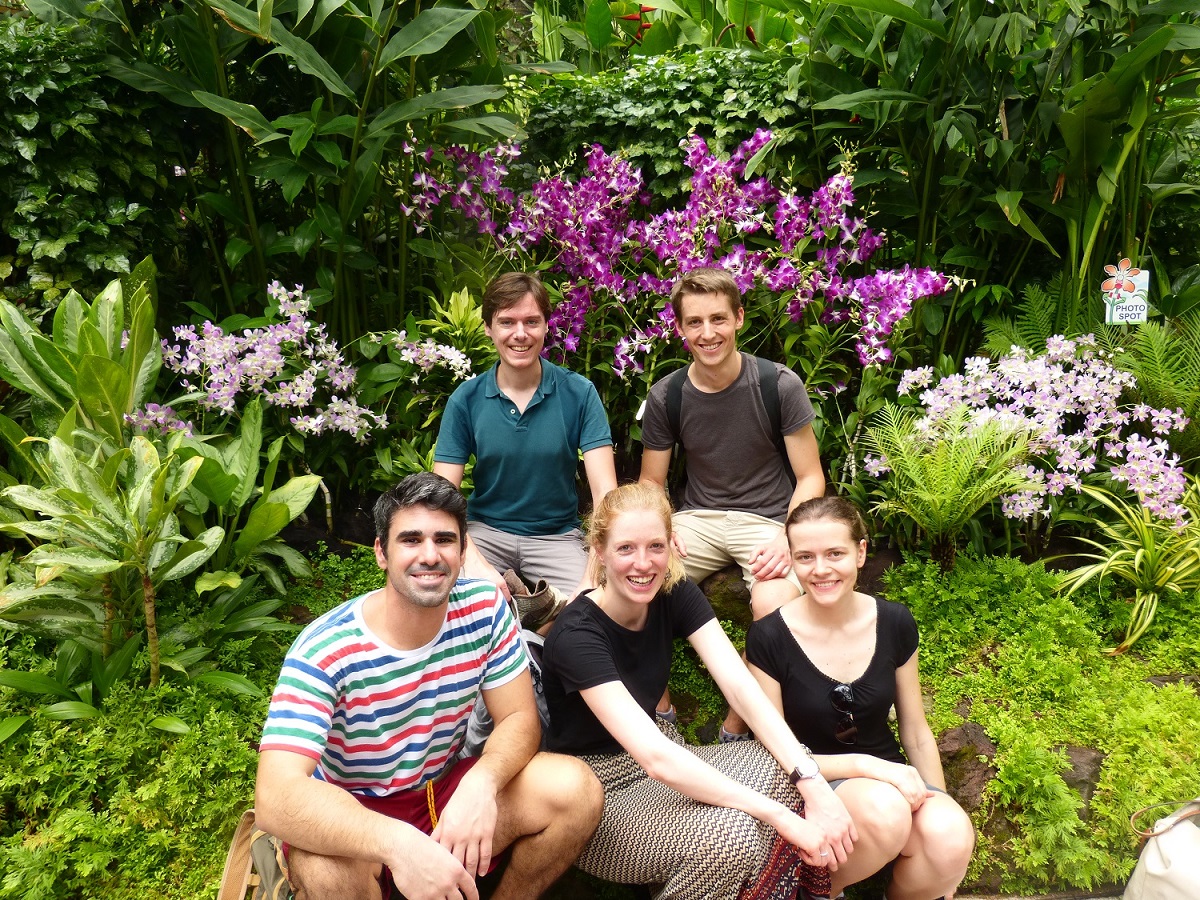
ETH participants in the botanic garden of Singapore. (photo credit: Timothy Thrippleton/ETH Zurich)
Moreover, and this is especially relevant in the context of GYSS, all the renowned scientists emphasized the importance of cooperation and social interactions in the life of a scientist and in the development of science. The experience of going together as a multi-disciplinary group of young ETH members, to meet and discuss not only with the prize winners, but also with our young colleagues from all over the world, might well be the most valuable thing GYSS gave us for our future scientific careers.
About the authors
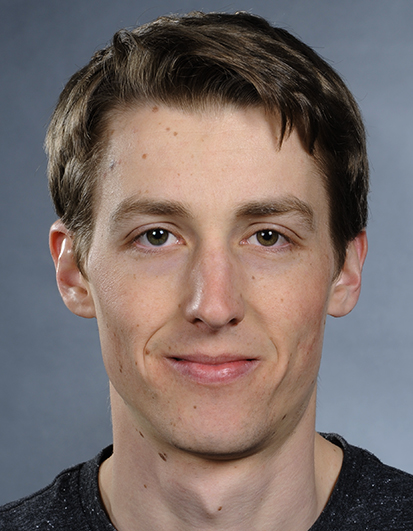
Christopher Gordon is a PhD student in the Department of Chemistry and Applied Biosciences, working in the group of Prof. Christophe Copéret.
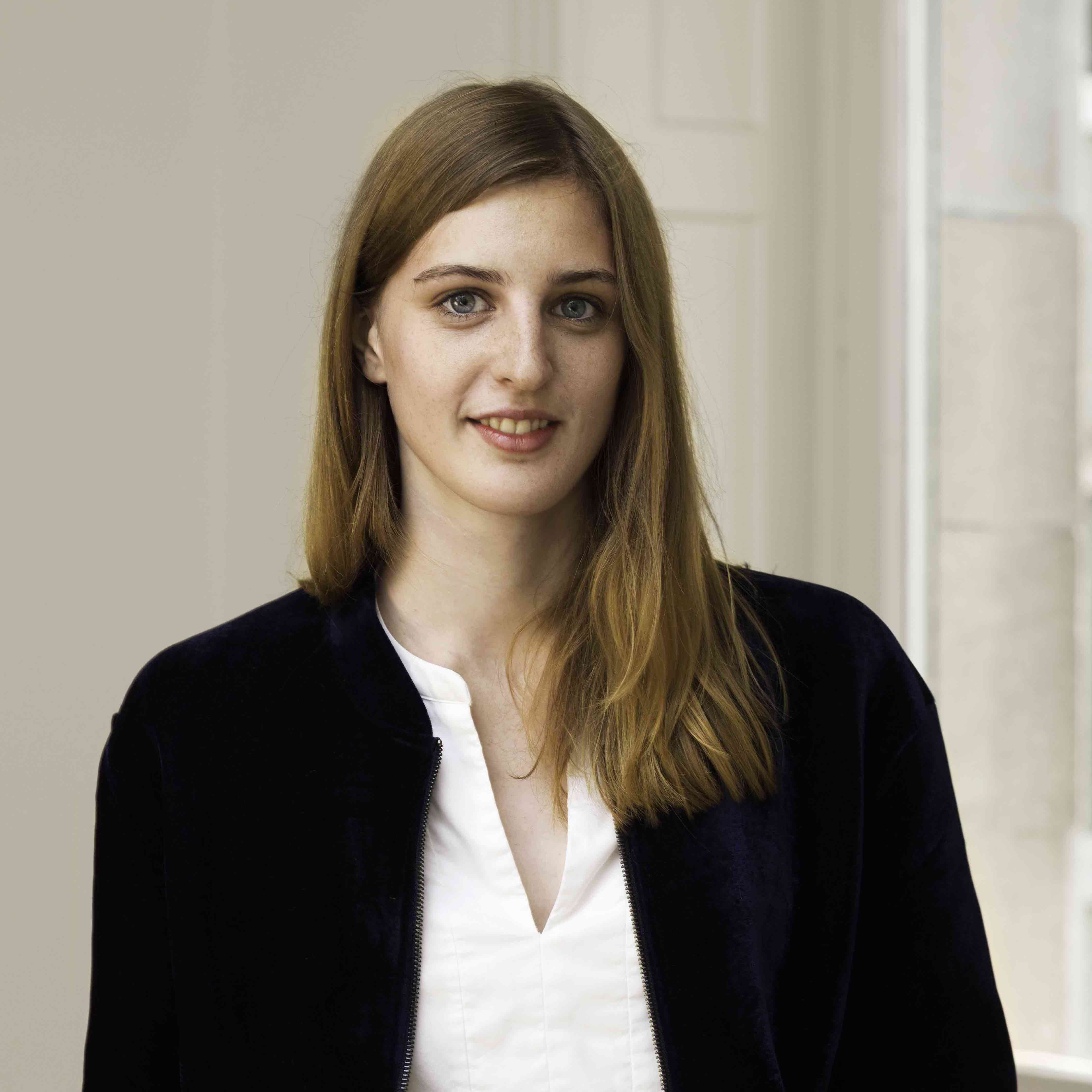
Charlotte Bunne is a PhD student in the Department of Computer Science under the supervision of Prof. Andreas Krause and a member of the Learning and Adaptive Systems Group.
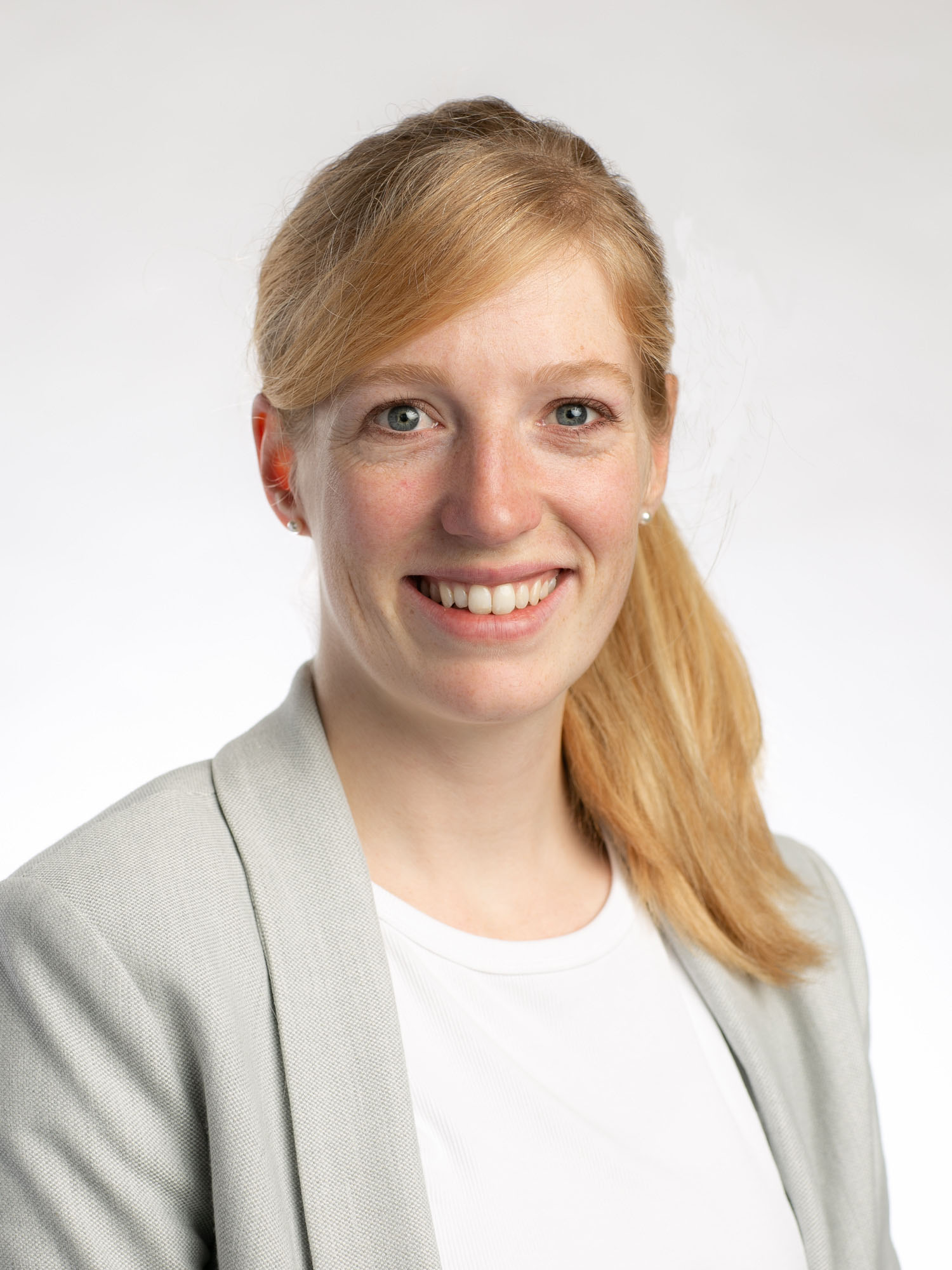
Willemijn Vroege is a PhD student in the Agricultural Economics and Policy group, which is part of the Department of Management, Technology and Economics and of the Department of Environmental System Science.
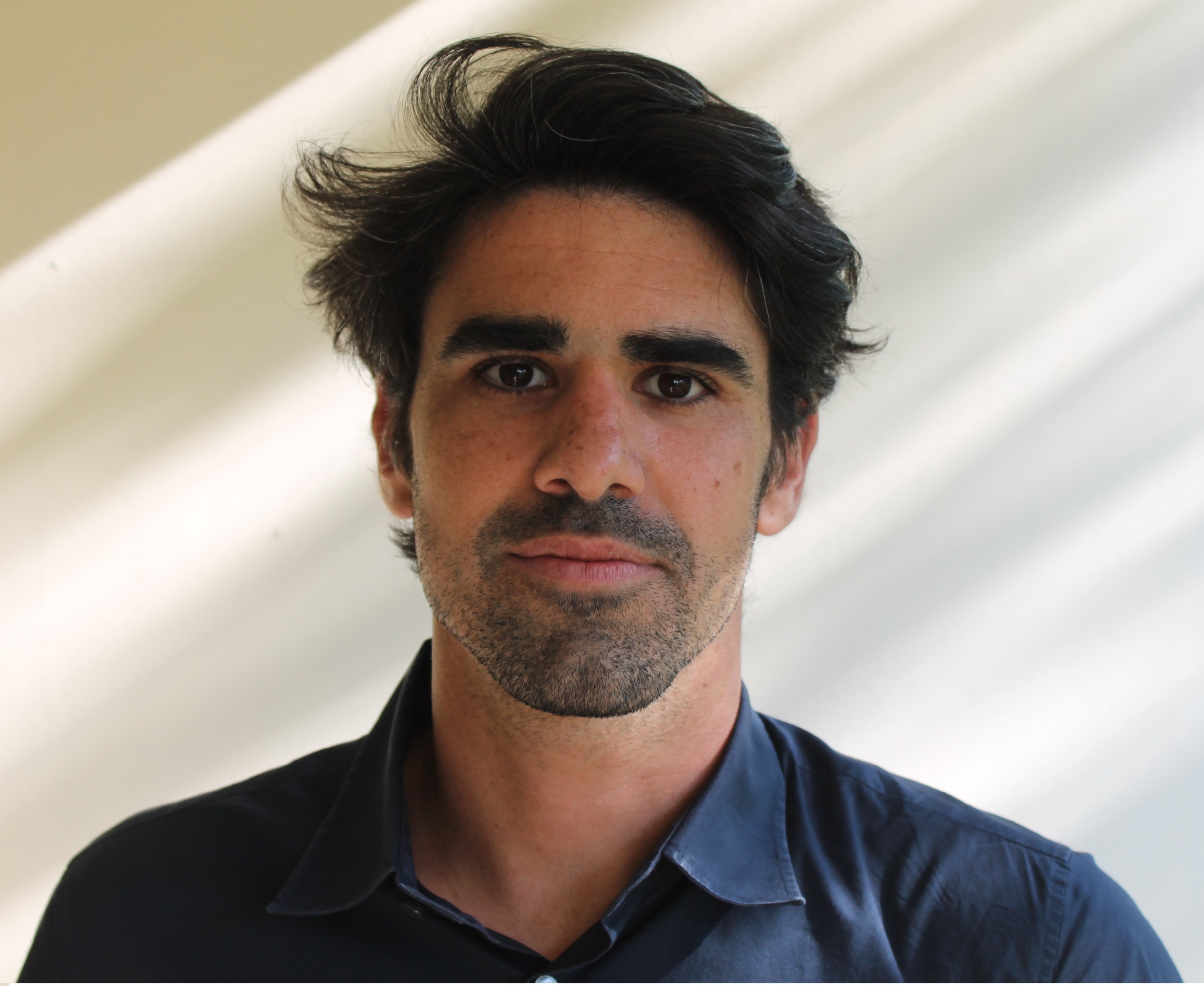
Paolo Gabrielli has completed his PhD in the Department of Mechanical and Process Engineering, where he has developed algorithms for the modeling,optimization and assessment of low-carbon energy systems.
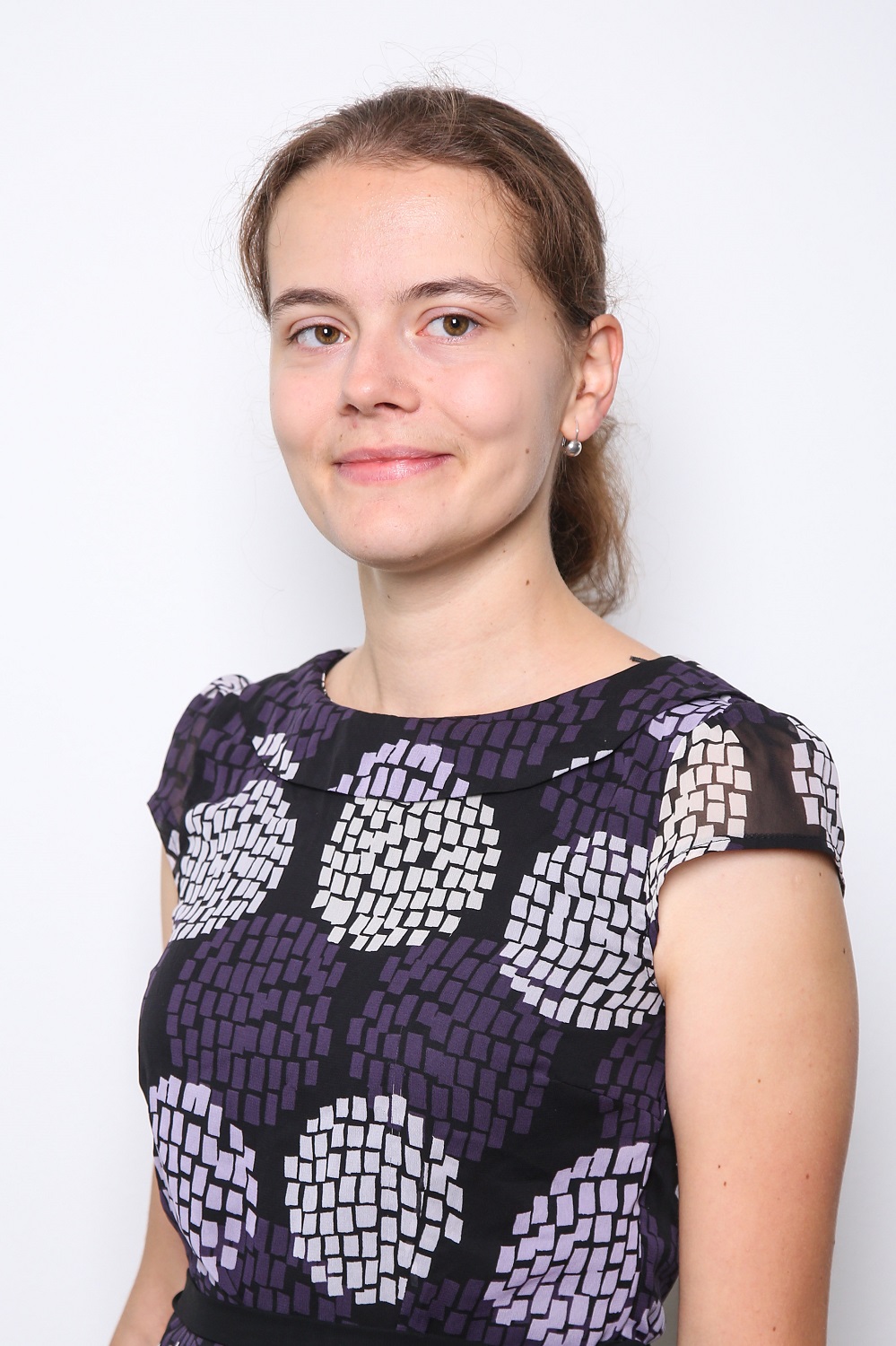
Hana Pařízková is a Master's student of Computational Biology and Bioinformatics at the Department of Biosystems Science and Engineering.
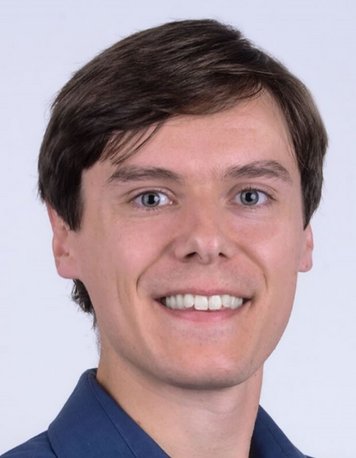
Timothy Thrippleton is a PostDoc in the
group of Forest Ecology at the Department of Environmental Systems Science.
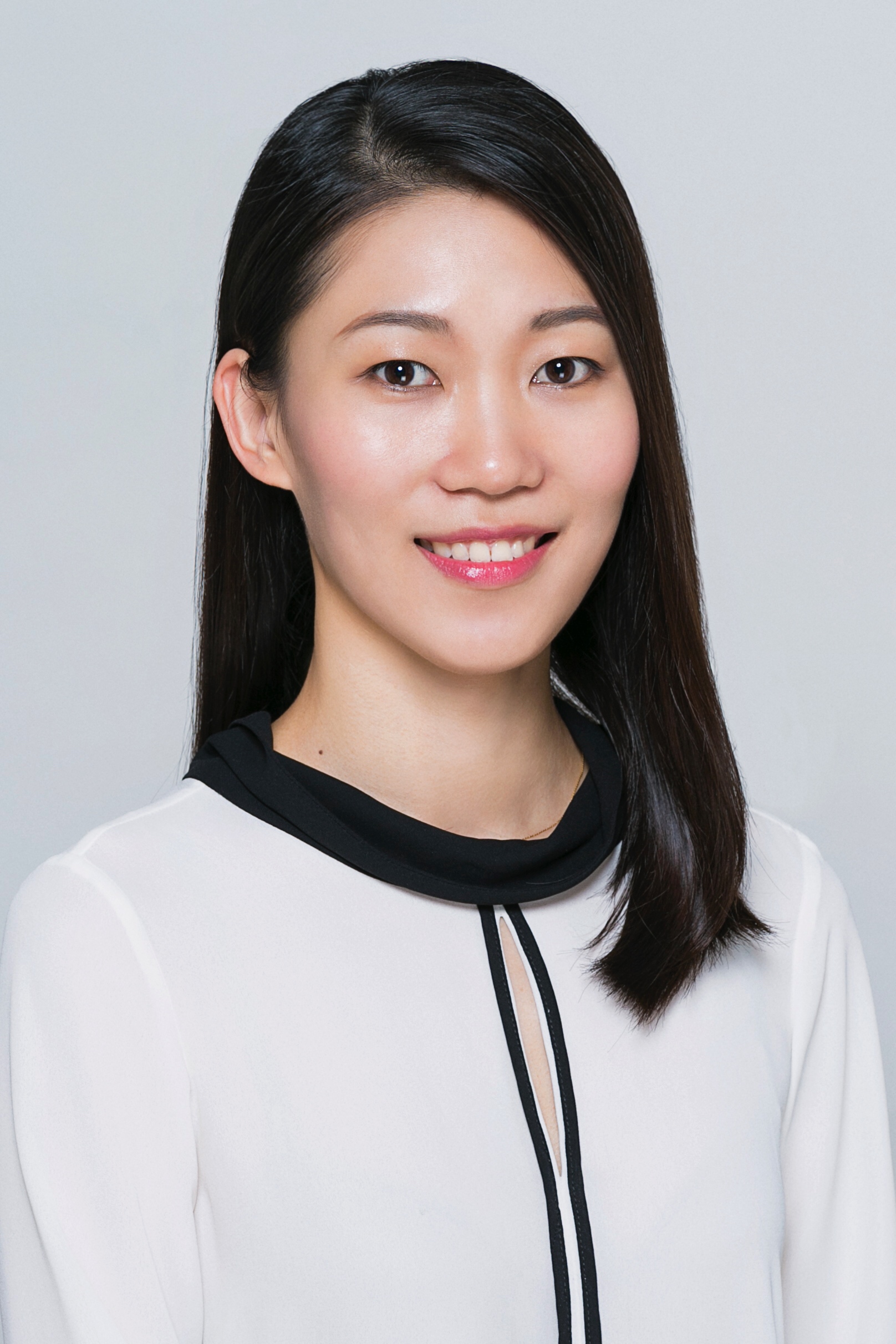
Yi Wang is a PostDoc in the Future Resilience Systems programme at Singapore-ETH Center, where frameworks, concepts, and tools to make interconnected infrastructure systems more robust and resilient are developed.
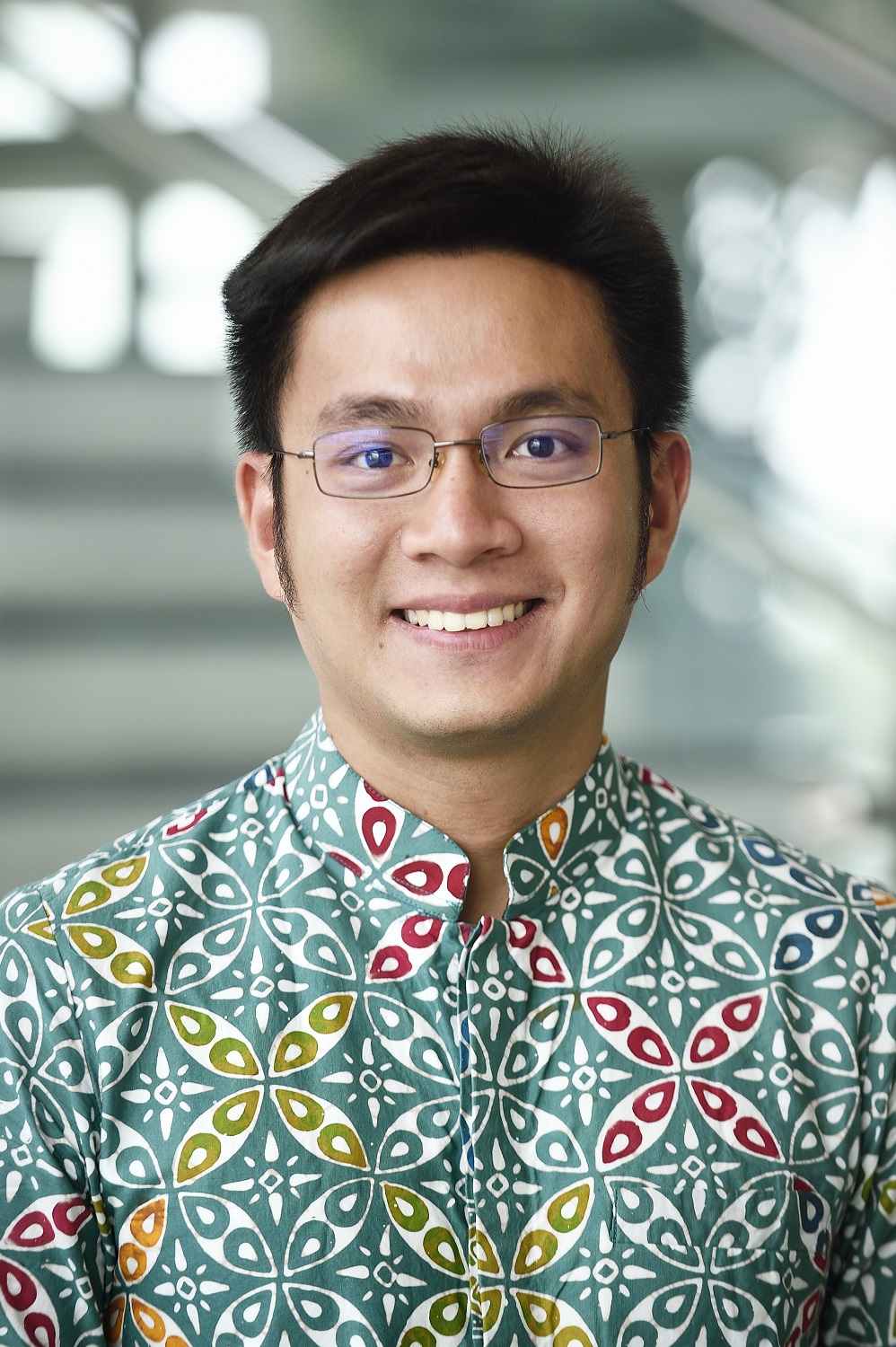
Leon Yan-Feng Gaw is a research associate at the Singapore-ETH Center in the Natural Capital of Singapore project.
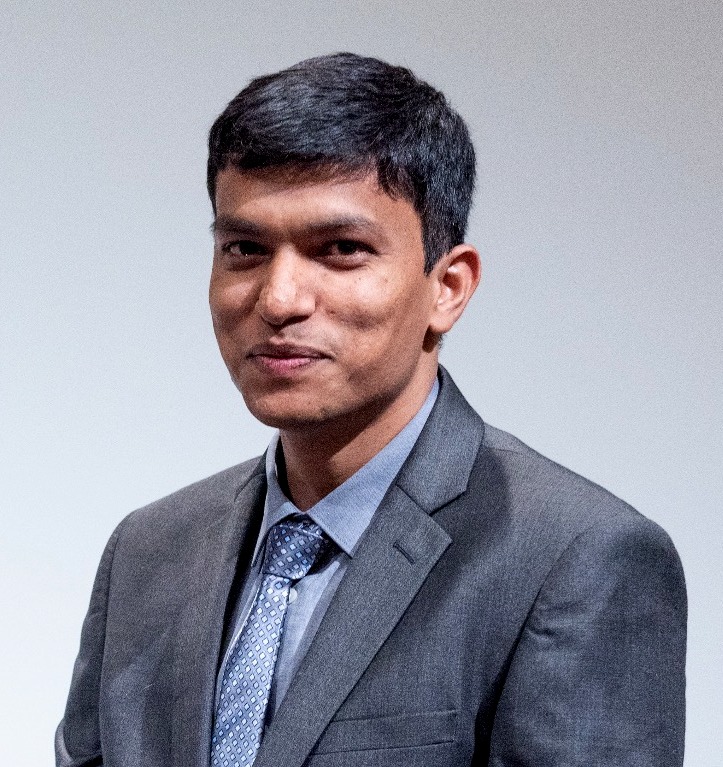
Vaibhav Krishna is a PhD student with the Chair of Strategic Management and Innovation at the Department of Management, Technology and Economics.
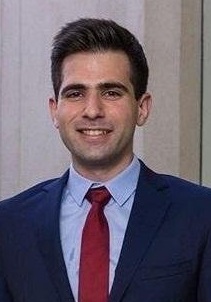
Georgios Kelesidis is a Research Associate at the Particle Technology Laboratory (Department of Mechanical & Process Engineering, ETH Zurich). His research focuses on the design of nanoparticle morphology and optical properties for a wide range of scientific fields, including climate change, combustion engineering, smoke detection and nanophotonics.

